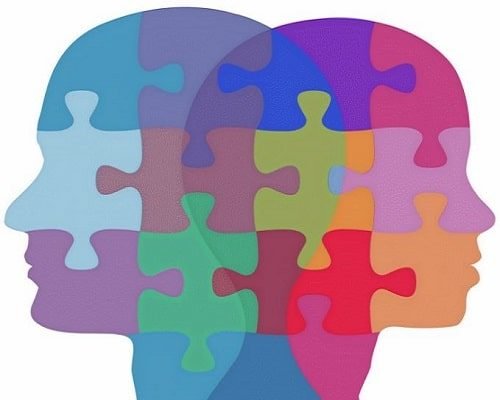Transactional Analysis, a theory of personality development, internal functioning, and interpersonal behaviors, was invented by Eric Berne, a Canadian psychiatrist, in the 1950s. It is a form of therapy and philosophy that aims to be optimistic and accessible to everyone, based on the fundamental principle that each individual is fundamentally positive, capable of thinking and deciding their destiny with full responsibility.
According to transactional analysis, mental health is synonymous with autonomy, characterized by self-awareness, awareness of others and the situation in the present moment, spontaneity in expressing one’s personality, and intimacy, meaning the ability to position oneself in a relationship authentically.
This method promotes awareness and a better understanding of the dynamics at play in interactions between individuals and within groups. Used in therapy as well as coaching, transactional analysis helps individuals move towards greater autonomy by regaining control over their choices, decisions, and responsibilities through examining their interactions with others and the world. It provides keys for better self-understanding, thoughts, emotions, and behaviors, paving the way for lasting changes towards more serene and authentic exchanges with oneself, others, and the world.



